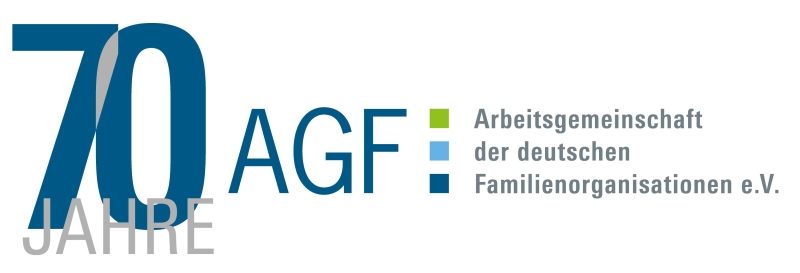[27. 9. 2019] On the occasion of the first reading of the draft law on tax incentives for electromobility, the AGF warns against the hidden increase of the sales tax for educational offers. Non-profit family education would thus experience massive negative consequences that would be diametrically opposed to the goals of educational offerings.
“The omission of the tax privilege of non-profit educational offers testifies to a lack of appreciation of the public welfare-oriented adult education, family education and ultimately the social contribution of families themselves,” criticizes Sven Iversen, managing director of the AGF. The family organizations of the AGF urge therefore Bundestag and Federal Government to provide for a further comprehensive exemption of the non-profit and church offers of the family education and to change the submitted bill accordingly.
On September 27, the first reading of the draft bill introduced by the Federal Government for the “further fiscal promotion of electromobility and for the amendment of further fiscal regulations” will take place in the Bundestag. Hidden in this bill is a reform of value-added tax law with far-reaching consequences for family education: In the future, educational offerings for adults that do not serve vocational training are to be subject to value-added tax. The federal government argues that this would only implement a requirement of the respective EU directive.
However, the family organizations emphasize that the VAT Directive leaves a great deal of leeway for the tax structuring of education programs for the common good, which the government is not exploiting. It thus counteracts all its statements on the importance and support of voluntary commitment and prevention approaches.
Family education is aimed at all families throughout their lives and is thus an offer of lifelong learning. It is based on a holistic understanding of education and aims to support families in questions of life management and coping with everyday life. In particular, it strengthens the educational skills of parents and offers help with relationship and compatibility issues. Furthermore, family education offers educational services for families in crisis situations and particularly stressful life situations. With its low-threshold, preventive and resource-oriented approach, it reaches families in very different social situations. It thus makes an important contribution to relieving the burden on families and to social cohesion.
“The planned new regulation leads to higher participation fees for families. This burdens poor families strongly and/or excludes it from such offers , clarifies Ulrich Hoffmann, second chairman of the AGF and itself of many years in the family work actively. “In addition, family education centers would have to differentiate their offerings between those that continue to be exempted and those that are subject to VAT, because specific offerings for those in need of assistance, e.g. people in debt and people with dependency disorders, as well as offerings aimed exclusively at children and young people, would likely continue to remain exempt from VAT. This differentiation of their program would be associated with a very high level of bureaucratic effort and legal uncertainty for the non-profit and church-based providers of family education, because each offering would have to be examined individually to determine whether it is subject to VAT under the new law or continues to be exempt. This is hardly feasible for small educational institutions.” The associations emphasize that this approach also runs counter to the conceptual approach of making educational offerings inclusive and not differentiating between supposed problem families and supposedly unburdened families.
